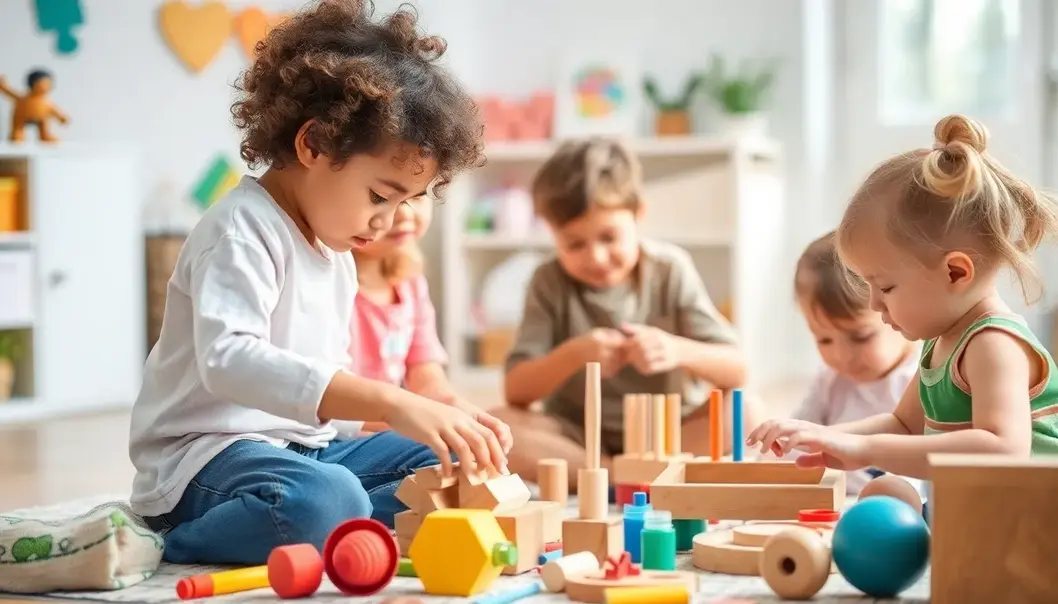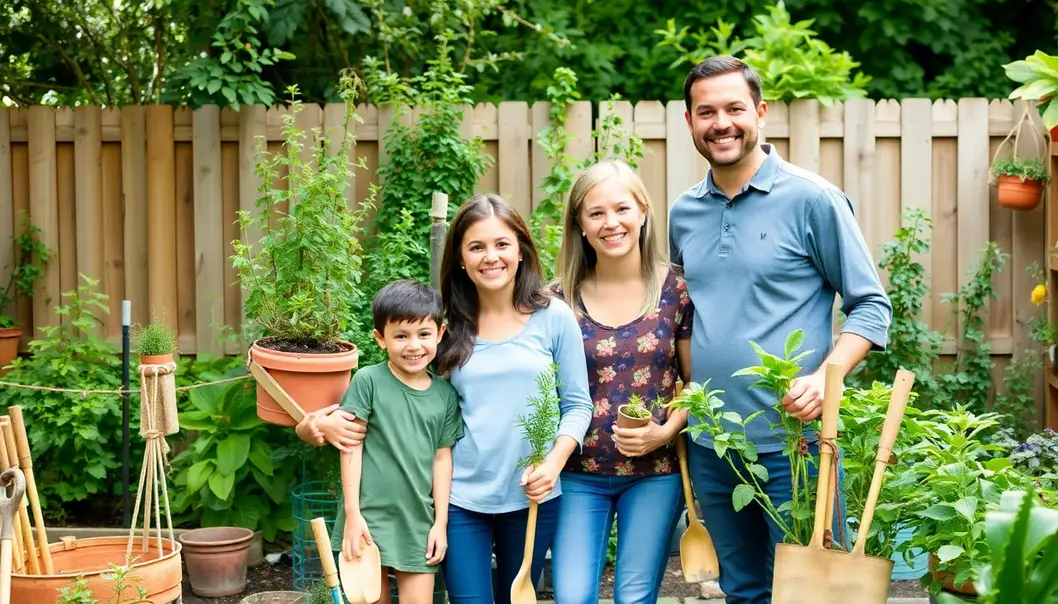Embracing a zero-waste lifestyle as a parent might seem daunting, especially when juggling the myriad responsibilities of caring for a family. However, making small, sustainable changes can lead to significant environmental benefits without overwhelming your daily routine. By incorporating a few easy swaps into your household, you can contribute to a healthier planet while teaching your children the importance of sustainability. This guide provides practical and reassuring tips to help you integrate zero-waste practices into your family life, offering simple yet effective solutions that fit seamlessly into your everyday schedules. Let’s explore how small changes can create a profound impact on the future of our planet and our children.
Transforming the Kitchen: Sustainable Meal Prep

Creating a zero-waste kitchen begins with thoughtful meal planning. Parents can minimize food waste by planning meals for the week, taking into account the ingredients already available at home. This practice not only reduces unnecessary purchases but also serves as a great way to involve children in creative ways to use what’s on hand.
Engaging children in meal prep can transform ordinary tasks into educational moments. Describe ingredients vividly, discuss where they come from, and explore how they can be used in multiple dishes. Teaching kids the importance of each ingredient fosters a greater appreciation for food, potentially reducing their tendency to waste.
Storing leftovers efficiently is another key aspect of sustainable meal prepping. Investing in a set of reusable containers helps keep the kitchen organized and drastically reduces the need for single-use plastics. Opt for glass or stainless steel containers, which are not only durable but also safer for food storage. Clearly label each container with its contents and the date to simplify meal rotation and consumption, ensuring nothing gets forgotten at the back of the fridge.
Buying in bulk can dramatically cut down packaging waste and often brings down costs. When purchasing items like grains, pasta, or spices, bring your own containers to the store to avoid single-use packaging. This practice can be extended to fresh produce, eliminating the need for plastic bags by using cloth produce bags instead.
Another way to reduce waste is by composting kitchen scraps. Designate a space in the backyard or use a countertop composter to turn food scraps into nutrient-rich soil, perfect for a family garden. Each family member can contribute to the compost, turning it into a group effort to see who can contribute the most each week.
For those new to zero-waste living, start small with one or two changes at a time. Encourage your family to embrace these changes by highlighting the environmental impact of reducing waste and the benefits of a cleaner, more organized kitchen. Incorporate these sustainable swaps naturally into your routine, and soon enough the entire family will cook and eat more mindfully. This subtle shift not only positively impacts your household but also offers an engaging lesson in responsibility and environmental stewardship that children can carry into their adult lives.
Eco-Friendly Family Activities: Reducing Plastic Waste

In the journey towards a zero-waste lifestyle, family activities provide a wonderful opportunity to reduce plastic waste. Shifting towards eco-friendly alternatives not only benefits the environment but also enriches the family’s daily experiences. One of the simplest ways to start is by rethinking the toys in your home. Wooden toys are a sustainable alternative to plastic ones. They are not only durable but often become cherished heirlooms passed through generations. Introduce classic games made of wood or natural fibers, and you’ll notice these items encourage more creative and imaginative play.
For a hands-on approach, engage your family in DIY crafts. Using natural materials like leaves, stones, and twigs, children can create wonderful projects that emphasize reuse and natural beauty. For example, crafting picture frames from sticks or making leaf prints on paper can make creativity more tangible and sustainable. These activities offer an educational glimpse into the beauty and potential of our natural environment, emphasizing a hands-on connection with nature.
When it comes to school supplies, the shift to zero-waste materials can be seamless. Opt for cloth lunch bags, stainless steel water bottles, and notebooks made from recycled paper. Encouraging children to adopt these items can foster environmental awareness from an early age. They learn that reducing waste is an important part of daily routines, and small changes can have a significant impact.
Teaching children about environmental causes can be an enlightening and rewarding experience. Start by involving them in local clean-up activities or tree planting events. These community activities not only enhance the environment but also instill a sense of responsibility and commitment to earth-friendly practices.
Create a family waste audit as an interactive learning experience. Track your family’s plastic usage and find areas for improvement. Make it fun by setting goals and celebrating milestones when plastic waste is reduced. These small family challenges can cultivate a team spirit in achieving a larger cause.
By incorporating these simple swaps and activities into family life, parents can role-model eco-friendly habits. Such initiatives resonate beyond the household, inspiring extended family and friends to consider their own waste reduction paths. The key is embedding these practices into fun, everyday activities, ensuring your efforts not only reduce waste but also strengthen family bonds and collective environmental stewardship.
Final words
Adopting a zero-waste lifestyle as a family is not only achievable but also rewarding. The small changes we make today can lead to a more sustainable future for our children. By embracing eco-friendly cooking practices and engaging in environmentally-conscious activities, parents can set a powerful example for the next generation. These efforts can instill lasting appreciation for nature while significantly reducing household waste. Remember, every little swap counts toward a healthier planet. As you continue this journey, celebrate each step, knowing you are creating a cleaner, greener world for your family and beyond.
Take the next step towards a zero-waste lifestyle today. Visit our website for more tips and resources.
Learn more: https://www.sustainablefamilies.com/zero-waste-parents
About us
Sustainable Families offers a platform with practical resources and guides to help parents integrate zero-waste practices into their everyday lives. From eco-friendly product recommendations to community forums, we provide support for families committed to living sustainably.



